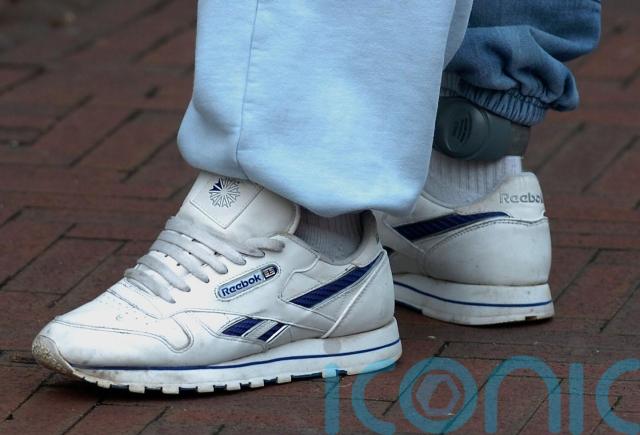
The number of cases were people are given an alternative to prosecution instead of being taken to court has reached its highest level for a decade, figures show.
New data from the Scottish Government shows there were 3,600 “diversion from prosecution” cases in 2024-25.
That was up 7% from the previous year’s total of 3,400, and was the “highest level in the last 10 years”.
Hitting out at the Scottish Government over the rise, Conservative justice spokesperson Liam Kerr said: “These shocking statistics confirm a record number of crime victims are being betrayed by the SNP’s soft-touch justice agenda.”
Mr Kerr added: “Diversion from prosecution was supposed to be used in relation to minor offences, but now thousands of criminals are increasingly likely to get a slap on the wrist.”
Diversion from prosecution allows prosecutors to refer cases to local authorities or other agencies, so people can get support to address the causes of their offending behaviour – such as drug or alcohol problems, mental health issues or homelessness.
The scheme is voluntary and those who take part will not have a criminal conviction recorded.
Current policy sets out that there is “a presumption that an alternative to prosecution is in the public interest” for those aged under 18.
Diversion from prosecution can also be considered for adults where there are “identifiable needs contributing to their alleged offending” which can be “best met through support, treatment, or other action”.
The justice social work statistics for 2024-25 show the “number of diversion cases commenced has generally been rising since 2017-18”.

The report said: “Young people were by far the most likely people to get diversion from prosecution, as a proportion of the overall Scottish population.”
While 16 to 17-year-olds make up just 3% of the Scottish population aged 16-70, they accounted for almost a quarter (23%) of those who were diverted from prosecution.
People aged 18-20 accounted for 14% of diversion from prosecution cases last year, while only making up 5% of the 16-70 population.
A Scottish Government spokesperson said: “Decisions relating to prosecution policy, including diversions from prosecution, are a matter for the Lord Advocate as independent prosecutor.
“Scotland continues to be a safe place to live, with recorded crime down by more than half since 1991.”
The figures also show a 47% increase in the number of home detention curfew reports carried out in the year, to 1,100 – the highest in the last six years.
The assessments are carried out before offenders are released from prison under this form of monitoring.
The report noted: “From 2015-16 to 2017-18, there were at least 2,500 reports a year. This declined in 2018-19 to 1,900 and has fallen further since then, averaging 790 in the next five years.
“The total of 1,100 in 2024-25 was the highest in the last six years, an increase of 47% 2023-24.”
Subscribe or register today to discover more from DonegalLive.ie
Buy the e-paper of the Donegal Democrat, Donegal People's Press, Donegal Post and Inish Times here for instant access to Donegal's premier news titles.
Keep up with the latest news from Donegal with our daily newsletter featuring the most important stories of the day delivered to your inbox every evening at 5pm.